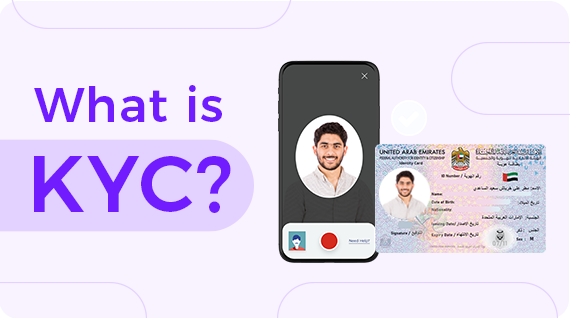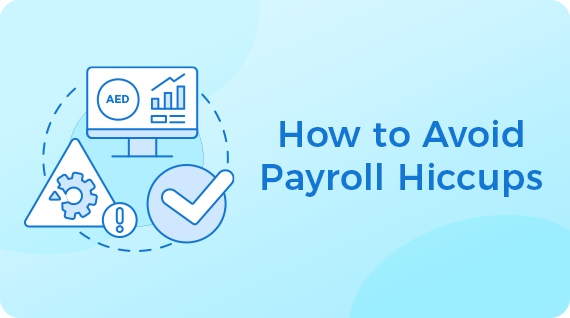Allowances are a common and valuable component of an employee’s compensation package in the UAE. However, this doesn’t mean allowances are treated identically as the basic salary when it comes to legal obligations.
As we unravel the maze of the employment laws in the UAE, understanding the intricacies of payroll requires a deep dive into the legal framework that governs employment in the UAE. One recurring question that often perplexes business owners and HR professionals is whether allowances should be considered as part of an employee’s salary. Let’s take a better look at allowances, salaries, and understand the relevant UAE employment laws centred around it.
Salary vs Allowances
Firstly, it’s imperative to understand the basic difference between a salary and allowances. While a salary is the fixed regular payment an employee receives for their work, allowances are like additional funds granted to cover specific expenses related to the job. These could include housing allowance, transport allowance, phone allowance, or any other necessities incurred due to the work. The basic salary and allowances together constitute to the gross salary.
In the UAE, everything related to employment, payments, and salaries are guided by the UAE Labour Law. Article 2 states that the law is applicable to all employees and employers in the UAE, excluding certain categories such as employees who filed a lawsuit related to wages or employees who are on unpaid leave.
Understanding allowances
In the context of the UAE Labour Law, allowances are generally considered to be a part of an employee’s total compensation package. The law mandates that the basic salary is the basis for calculating various entitlements, such as gratuity.
Employers should be aware of the distinction between basic salary and allowances when calculating their financial obligations towards their employees.
From a legal standpoint, it is not mandatory for allowances to be a part of the employer’s contribution or to the employee’s end-of-service benefits.
Be transparent with your employees
When drafting employment contracts and structuring your company’s payroll, transparency is key. Employers should clearly outline the components of an employee’s compensation, specifying which elements constitute the basic salary and which are categorised as allowances. This not only fosters a transparent employer-employee relationship but also ensures compliance with the UAE Labour Law.
What else you should know about salaries in the UAE
In 2009, the UAE implemented the Wage Protection System (WPS) to ensure timely and accurate salary payments. As part of this, the Central Bank of the United Arab Emirates and MOHRE require all private companies to register for WPS so that their employees can be paid through Ministry-approved financial institutions, with clear documentation of the salary components that are translated into salary information files (SIF).
The WPS system further lays emphasis on the importance of clearly defined allowances within the payroll structure. Employers need to ensure that employee master files contain accurate and up-to-date data in order to make payments on time and comply with WPS regulations.
In conclusion, employers provide allowances in addition to the basic salary, in order to attract and retain talent, while having a very comprehensive approach to payroll management that is in accordance with the UAE employment laws. Employers should notably ensure that their master files are always updated — for effective salary processing — which essentially holds all employee information, including their credentials, base salaries, contingent compensation, advance salary payments, salary increments, and any company allowances.
👉🏼 For more information related to the WPS payroll process in UAE, payroll cards for your employees, or salary processing for better employee management, feel free to reach out to us on info.ae@edenred.com





